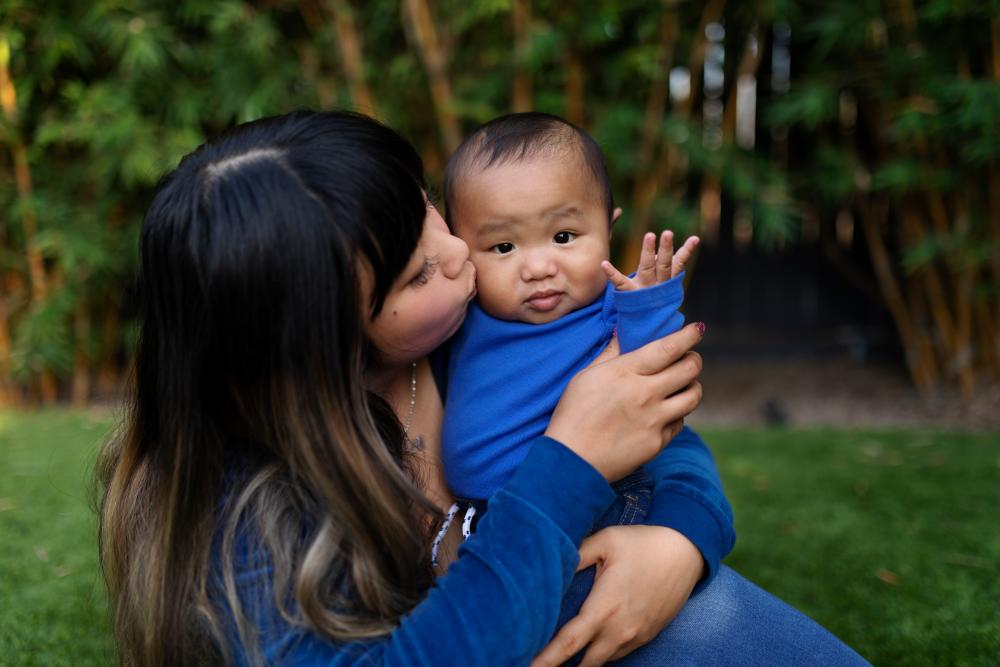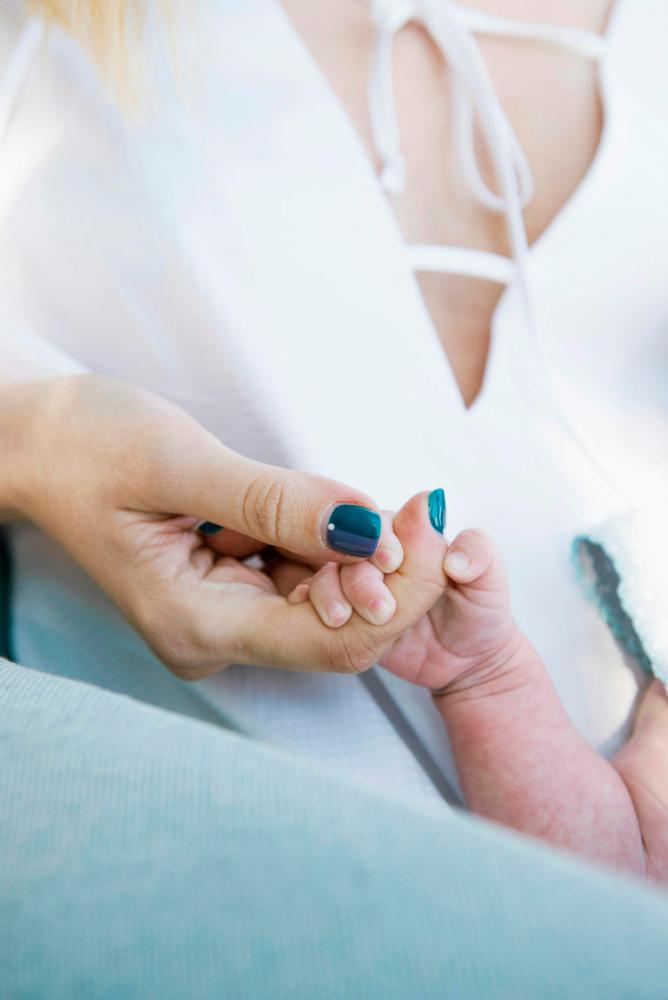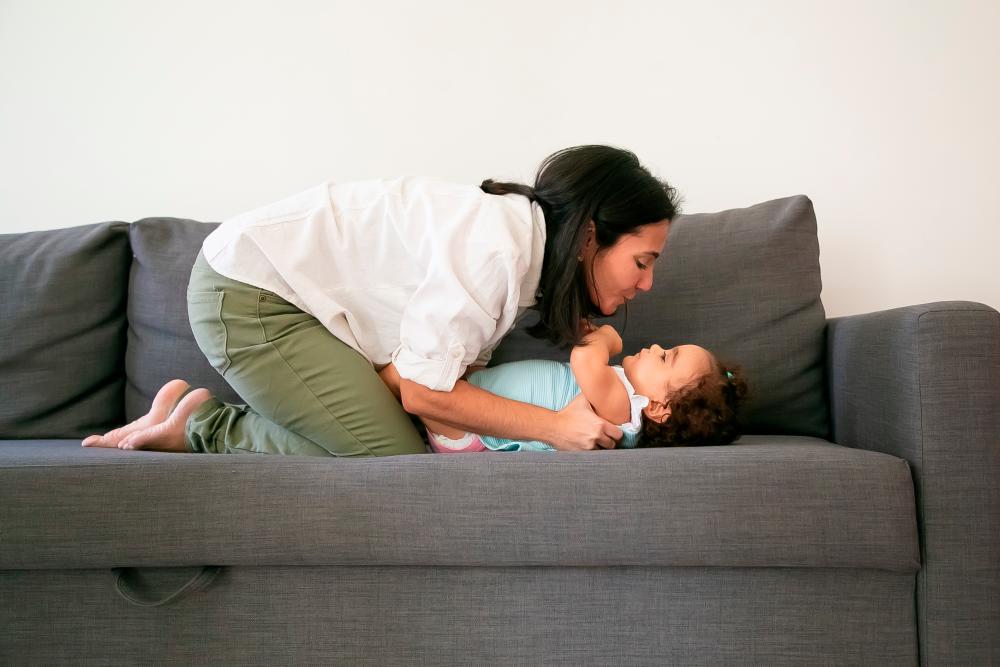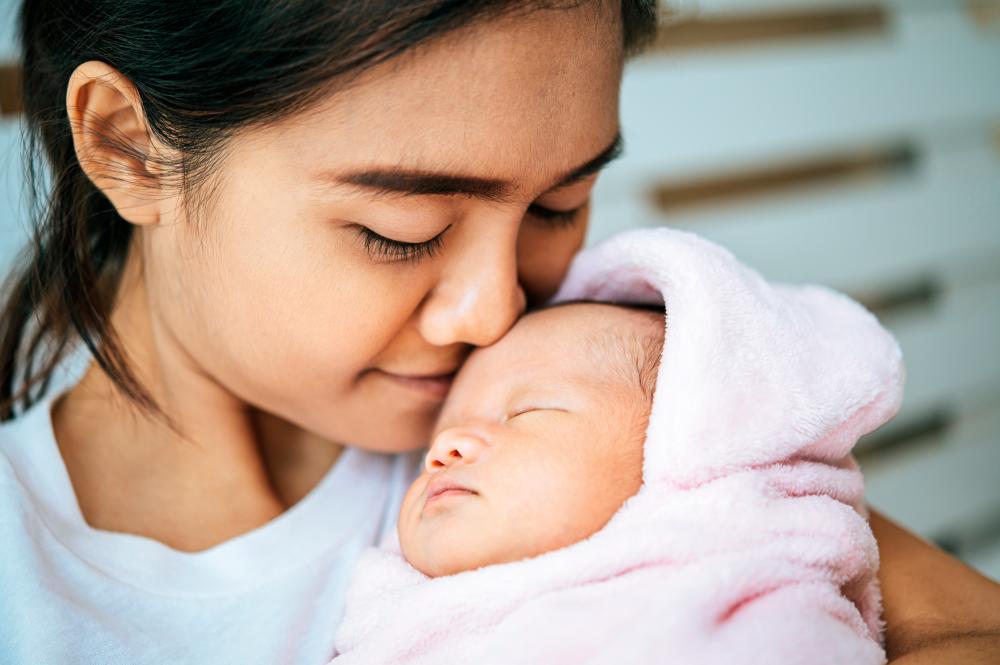THE arrival of a new baby is an exciting, life-changing event. For new mothers, this period is filled with joy and sense of purpose. However, it also brings immense physical and emotional demands. Amid the sleepless nights, constant feedings and endless diaper changes, self-care often takes a backseat. Yet, prioritising your own well-being is crucial for you and your baby.
Here is a guide on self-care for new mums.
Understanding importance of self-care
Self-care is a necessity. When you take care of yourself, you are better equipped to care for your baby. It is easy to overlook your needs when you are focused on nurturing a newborn but remember, a well-rested and healthy mother can provide the best care for her child. Self-care helps to reduce stress and anxiety as well as enhance emotional well-being.
Motherhood can be overwhelming. Taking time for yourself can reduce stress levels and prevent burnout. Proper nutrition, adequate sleep and physical activity are essential for recovery postpartum. Regular self-care can improve your mood and emotional stability, helping you to cope with the challenges of motherhood.

Prioritising sleep
Sleep deprivation is one of the biggest challenges new mums face. While it is impossible to get a full eight hours of uninterrupted sleep, you can still improve your rest quality. Nap when the baby naps and do not hesitate to ask for help during night feedings. Creating a relaxing bedtime routine for you and your baby can also promote better sleep.
Proper nutrition is vital for your recovery and energy. Eating a balanced diet rich in fruits, vegetables and whole grains can help you feel more energised. Stay hydrated by drinking plenty of water throughout the day, especially if you are breastfeeding. Physical activity can boost your mood and energy levels. Start with gentle exercises such as walking or postpartum yoga. These activities can help strengthen your body, improve circulation and reduce stress. Always consult your healthcare provider before starting any exercise regimen postpartum.

Connecting with others
Social support is crucial during this period. Connect with others by joining a new mum’s group, either in person or online, to share experiences and advice. Talking to friends and family members can also provide emotional support and reduce feelings of isolation. Even a few minutes of “me time” each day can make a difference. Whether it is reading a book or enjoying a hobby, find something that relaxes and rejuvenates you.
Do not feel guilty about taking time for yourself. Postpartum depression and anxiety are common and treatable conditions. If you are feeling persistently sad, anxious or overwhelmed, seek help from a mental health professional. Therapy and medication can be highly effective in managing these conditions.

Building support system
Building a support system is a critical aspect of self-care for new mums. Do not hesitate to lean on your partner, family and friends for help. Delegate household chores and baby care tasks to your partner or family members. This can free up time for you to rest and recharge. When friends and family offer help, accept it. Every bit of assistance can lighten your load. If it is within your budget, consider hiring a nanny or house cleaner.
Professional support can be invaluable during the early weeks of motherhood. Mindfulness practices can significantly enhance your emotional well-being. Simple techniques such as deep breathing, meditation and progressive muscle relaxation can reduce stress and promote a sense of calm. Deep breathing involves spending a few minutes each day focusing on your breath, which can help reduce stress and improve mental clarity. Even a short meditation session can have a profound impact. Use guided meditation apps or simply sit in a quiet place, focusing on your breath. Progressive muscle relaxation involves tensing and then slowly relaxing each muscle group in your body, helping to release physical tension and promote relaxation.
Evolving self-care practices
As your baby grows, your self-care needs will evolve. Continue to prioritise your well-being by adapting your self-care practices. Remember, self-care is a lifelong journey that evolves with your needs and it is an essential part of motherhood.
Embrace this journey with compassion for yourself and the understanding that taking care of yourself is the first step in taking care of your child.









